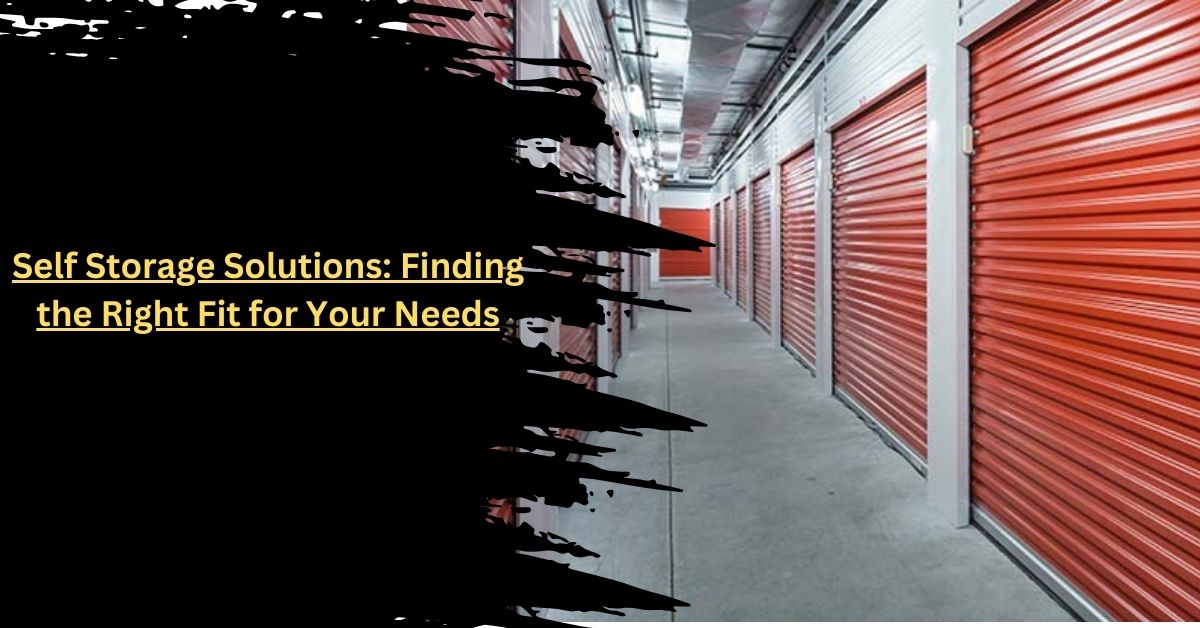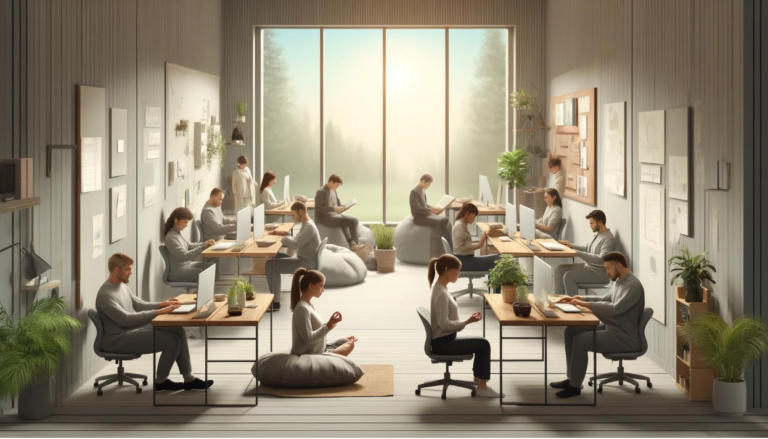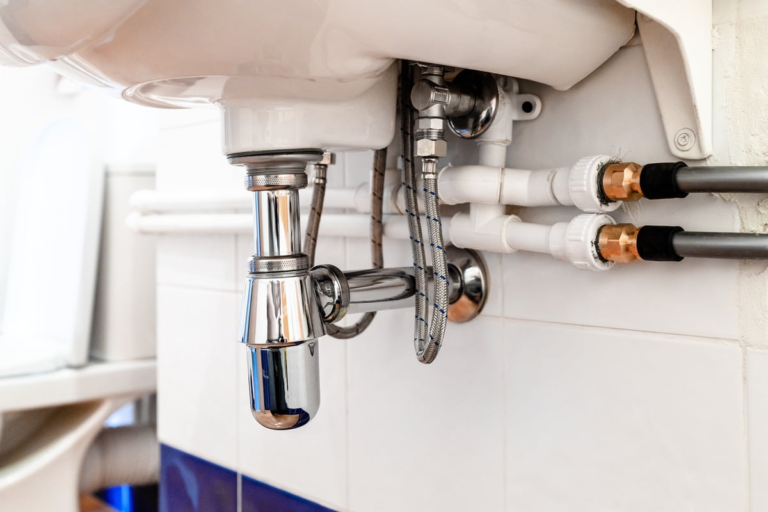Self Storage Solutions: Finding the Right Fit for Your Needs
In today’s world, where space is often at a premium, the need for self-storage solutions has grown significantly. Whether you’re downsizing, moving, or simply looking for a way to declutter your home or office, finding the right storage solution can make a world of difference. This article explores the various types of self-storage options available, how to assess your personal storage needs and tips for choosing the best storage solution based on individual requirements.
The Growing Need for Self-Storage Solutions
As urban living spaces become smaller and lifestyles continue to change, the demand for self-storage solutions has skyrocketed. People are increasingly looking for ways to store their belongings securely while freeing up valuable space in their homes and offices. Self-storage units provide a flexible and convenient solution for a variety of needs, from short-term storage during a move to long-term storage for seasonal items or business inventory.
Types of Self-Storage Options
Temperature-Regulated Units
Climate-controlled storage, like those available in West Jordan, UT, are designed to maintain a consistent temperature and humidity level, protecting your belongings from extreme weather conditions. These units are ideal for storing sensitive items such as electronics, antiques, documents, and musical instruments. By preventing damage caused by fluctuations in temperature and humidity, climate-controlled units ensure that your valuables remain in pristine condition.
Portable Storage
Portable storage units offer a convenient and flexible solution for those who need to move or store items temporarily. These units are delivered to your location, allowing you to pack at your own pace. Once filled, the unit can be transported to a storage facility or your new location. Portable storage is perfect for people undergoing home renovations, relocations, or temporary storage for events and projects.
Traditional Storage Facilities
Traditional storage facilities offer a wide range of unit sizes and types to accommodate various storage needs. These facilities typically provide secure, on-site storage with features such as 24-hour surveillance, gated access, and individual unit locks. Traditional storage units are ideal for storing furniture, household items, and business inventory. They offer flexibility in terms of rental duration, making them suitable for both short-term and long-term storage needs.
Assessing Your Personal Storage Needs
When choosing a storage solution, it’s essential to assess your personal storage needs carefully. Consider the following factors to determine the best option for you:
Size
The size of the storage unit is one of the most critical factors to consider. Make a list of the items you plan to store and estimate the amount of space required. Many storage facilities provide size guides and calculators to help you determine the appropriate unit size. It’s better to choose a slightly larger unit than to risk running out of space.
Duration
Consider how long you will need the storage unit. Some facilities offer discounts for long-term rentals, while others provide flexible month-to-month leases. If you only need storage for a short period, look for facilities that offer short-term rental options without long-term commitments.
Security
Security is a top priority when storing valuable or sentimental items. Look for storage facilities with robust security measures, such as 24-hour surveillance, gated access, individual unit alarms, and on-site personnel. Advanced security features, such as biometric access and motion detectors, can provide additional peace of mind.
Tips for Choosing the Right Storage Solution
Determine Your Priorities
Identify your top priorities when selecting a storage unit. Whether it’s location, cost, security, or climate control, understanding what matters most to you will help you make an informed decision.
Visit the Facility
Before committing to a storage unit, visit the facility in person. This will give you a better sense of the security measures in place, the cleanliness of the units, and the overall condition of the facility. Don’t hesitate to ask questions about the facility’s policies and procedures.
Read Reviews
Research online reviews from other customers to get an idea of their experiences with the storage facility. Look for feedback on customer service, security, and overall satisfaction. Positive reviews can indicate a reliable and trustworthy storage provider.
Consider Accessibility
Think about how often you will need to access your storage unit. If you require frequent visits, choose a facility that offers convenient access hours and is located close to your home or office. Some facilities offer 24/7 access, providing added flexibility.
Conclusion
Now that you have a better understanding of the various types of self-storage options available, how to assess your personal storage needs and tips for choosing the right storage solution, you can make an informed decision that best fits your requirements. Remember to carefully consider factors such as size, duration, security, and accessibility when selecting a storage unit.






